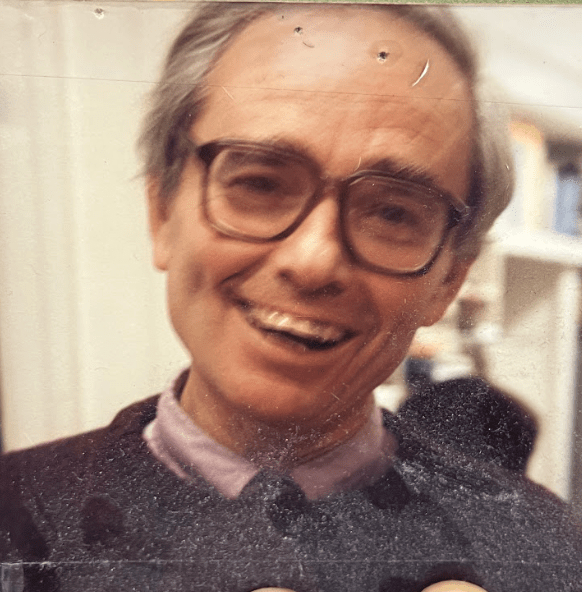The 2024 Boston Writing Project Summer Institute took place this past July at Timberlane Regional School District in New Hampshire. For five days, this year’s fellows met at Atkinson Academy in Atkinson, New Hampshire, to think about themselves as teachers who write. Our essential questions for the week:
- How does my identity as a writer affect my teaching of writing?
- How can my own writing shape my teaching?
- How can we use writing as a tool?

Over five days, educators engaged in readings, discussions, teacher demonstrations, group activities, and SO MUCH writing. They employed a variety of structures and prompts to write daily, self-reflect, and consider what it all means for our teaching. Fellows also took time to craft, revise, and solicit feedback on a personal writing piece with a smaller response group. Sharing with others and revising was not in everyone’s comfort zone! But by the end of the week, writing fellows expressed appreciation and acknowledged the value of the experience. Best of all, everyone produced a lovely writing piece, and the final share yielded laughter, tears, and many appreciative snaps.
The week was facilitated by Dan Tobin (Rindge Ave Upper School, Cambridge) and Denise Patmon (UMass-Boston), and was planned and designed by them in consultation with the BWP Board. Several Board members also participated as teacher demonstrators and response group leaders: Dominique Herard (Pierce School, Brookline), Amy Gonzalez (Rindge Ave Upper School, Cambridge), Mary Dibinga (Boston Latin Academy, Boston), and Nikan Hodjat (Concord Academy).
When Dominique visited on Day 2, she read the room and assumed everyone had known each other beforehand. That comfort level among many who had just met a day earlier speaks to how quickly the community of writers was established. There was an expressed desire to stay in touch, to follow up from the week, to trade secrets. Fellows left feeling good about the chance to try on a new hat as writer, and facilitators left excited about the Writing Project’s triumphant return to New Hampshire.
















